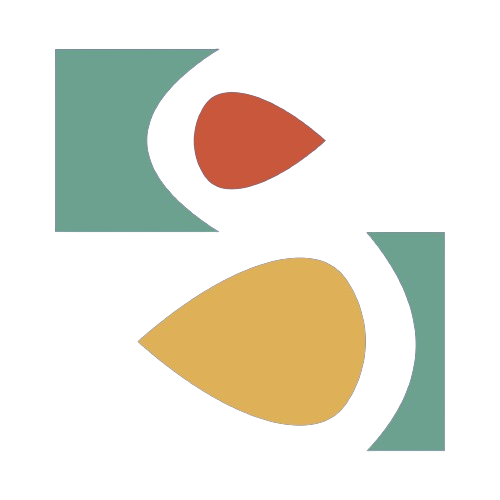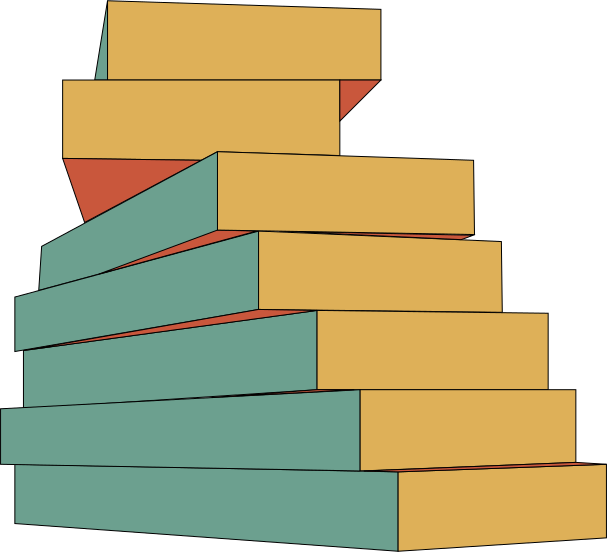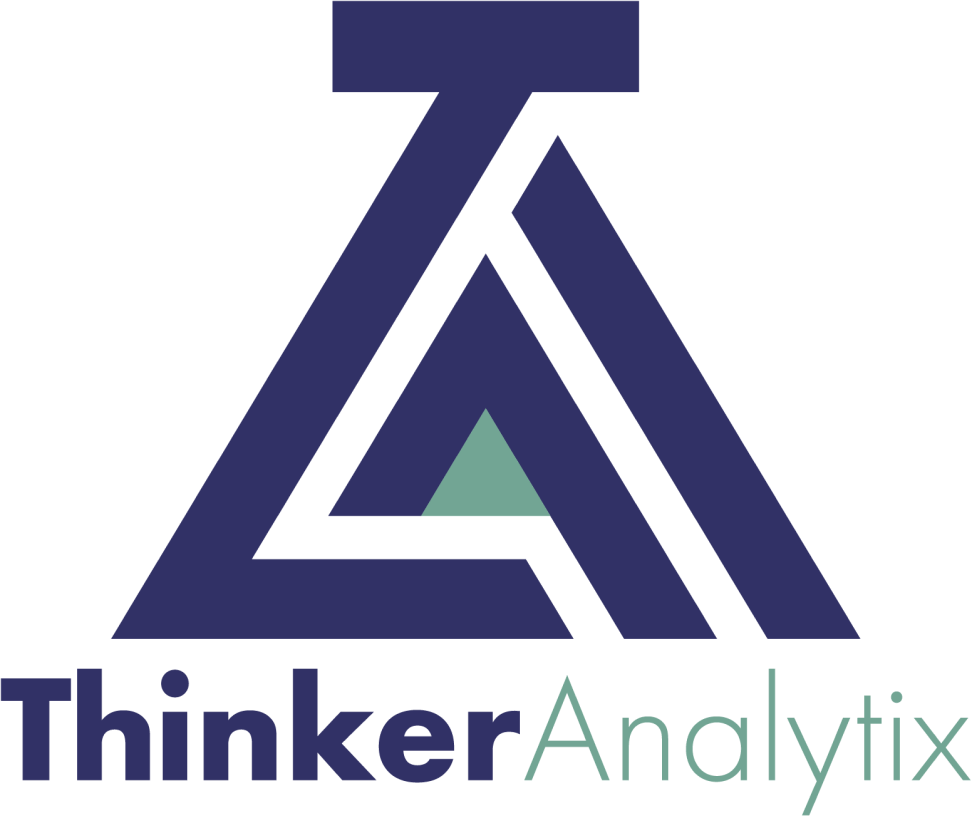THE CHALLENGE
While the phrase “critical thinking” is notoriously vague, experts agree that it includes the ability to read, analyze, evaluate, and respond to an argument – communication that gives reasons to believe a claim. Research shows that first-year college students lack the skills needed to analyze and evaluate arguments, and college coursework barely moves the needle.
We see these skill deficits in student academic work, and in campus dialogue breakdowns.
THE RESEARCH
Only 31% of grade 12 students could produce persuasive writing pieces that “took clear positions and supported them with reasons or examples.”
40% of first-year students are unable to identify the thesis in essays they read, and when asked, 25% of those students “chose the thesis that was the exact opposite of what the author wrote.”
Standard undergraduate education yields only marginal gains in critical thinking skills, and half of exiting undergraduate students perform at the lowest levels of critical thinking performance.
60% of managers believe that recent college graduates lack critical thinking skills.
Students fear miscommunication and retribution for voicing their views on campus, and that fear has risen significantly over the last several years.
OUR METHODS
Argument Mapping is a tool for uncovering the explicit and implicit claims and inferences in an argument.
Through argument mapping, students learn how to expose, visualize, and evaluate the underlying logical connections between the components of an argument.
Research shows that argument mapping is the most effective method available for building students' argumentative reasoning skills.

Systematic Empathy is a protocol students can use to confidently understand, analyze, and evaluate arguments about controversial issues.
Inspired by philosophers' concept of "intellectual charity" and vetted with instructors and students, Systematic Empathy is our attempt to make fair interpretation skills clear, practicable, and accessible.

Mastery Learning breaks the mold of standard instruction. Rather than provide each student with the same learning content, formative, and summative assessments, the Mastery approach gives each student as much instruction as they individually need to reach a high level of skill proficiency.
In our version of the mastery model, students work at their own pace, and do as much (or as little) practice as they need to master the skills of Argument Mapping and Systematic Empathy.
OUR CUSTOM PLATFORM
- Provides training targeted to each student's starting skill set, from the very basics: what is an argument?
- Students see progressively more rigorous practice-- as much as any student needs to master the skills.
- Students work autonomously at their own pace, guided through the site without the need for instructor input.
- Practice focuses on arguments about contemporary contentious issues.
- Students learn through rapid automatic feedback, plus on-demand tutoring and coaching from thinkARGUMENTS creators.
- Custom implementation options are available for any school, college, or university.
WANT TO LEARN MORE?
ABOUT US
